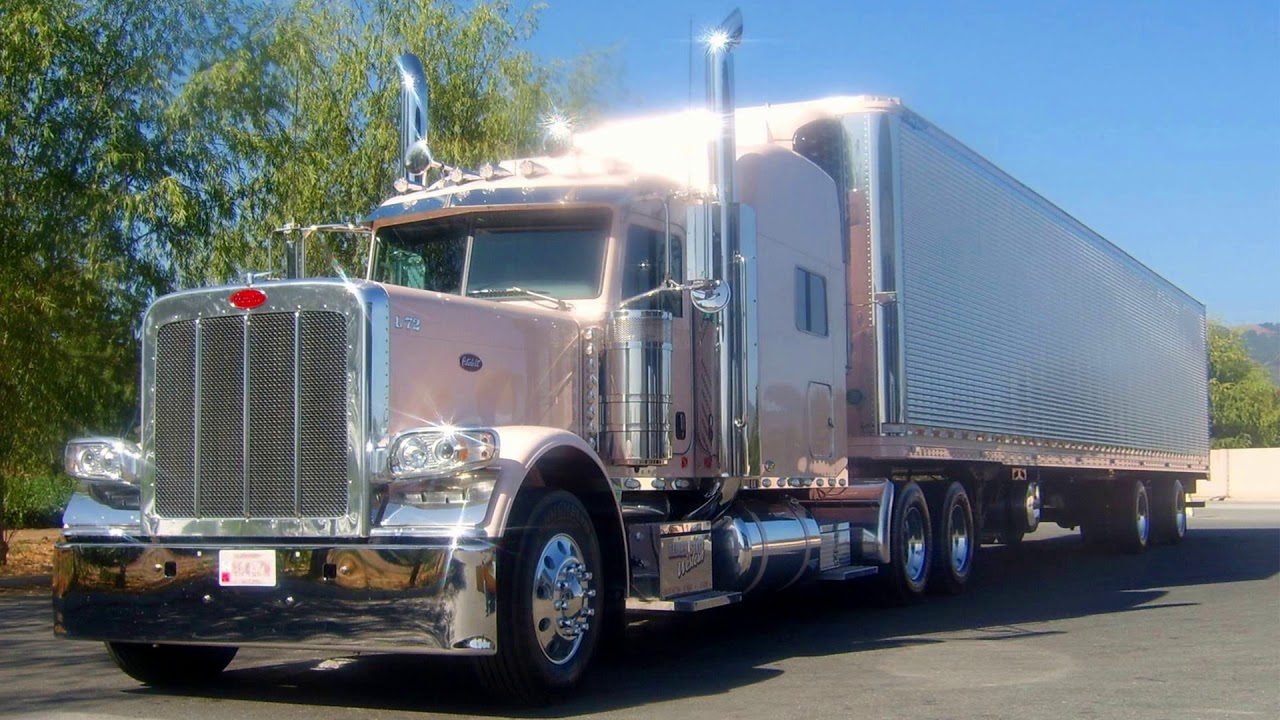
The commercial trucking industry is bracing for more oversight during a Biden presidency, including the possible revival of some regulations previously abandoned by the Trump administration.
Congressional Democrats Have Sought to Strengthen Trucking Regulations
New regulatory filings were down across every U.S. governmental agency, including the Federal Motor Carrier Safety Administration (FMCSA), in the Trump era. But according to a recent national survey of motor carrier executives, respondents are expecting a ramp-up in regulatory actions and policies affecting their industry.
While the president-elect hasn’t specifically addressed trucking regulation on a granular level, a report from the Commercial Carrier Journal noted that Congressional Democrats had pushed legislation in the past couple of years that would bolster oversight, including the resumption of speed limiter and sleep apnea rules and blocking of Trump’s recent Hours of Service.
Those legislative proposals had no chance of being enacted during the current administration. However, a Biden Whitehouse will look more favorably on such legislation. Whether or not those proposals actually become law will likely depend on the outcome of January’s Senate runoff elections in Georgia.
Trump Abandoned Proposal for Mandatory Sleep Apnea Screening
President Trump has been a great friend to the trucking industry, which in turn has become one of his staunchest allies. Shortly after he took office in 2017, the FMCSA abandoned a rule that would have required all interstate commercial drivers to undergo medical screening for Obstructive Sleep Apnea — something trucking companies vehemently oppose.
Obstructive Sleep Apnea is a medical disorder that affects an estimated 22 million Americans, including 1/3 of all non-farm commercial drivers. The condition, which frequently goes undiagnosed, causes breathing disruptions that last up to 10 minutes during sleep, making it impossible for sufferers to get a good night’s rest.
If allowed to go untreated, Obstructive Sleep Apnea can lead to a range of other serious health issues, including high blood pressure, heart disease, and memory lapses. The disorder is also linked to drowsy driving and increases the risk that a driver will fall asleep at the wheel. In fact, research indicates that commercial truckers suffering from Obstructive Sleep Apnea have a preventable crash rate five-times higher than non-sufferers.
In recent years, the U.S. National Transportation Safety Board has linked Obstructive Sleep Apnea to at least 500 highway or rail crashes, killing 50 people and injuring more than 370 others.
Hours of Service Rules Weakened Under Trump
Earlier this year, the Trump administration enacted new Hours of Services Regulations that weakened the rules in three key areas:
- Modifying the 30-minute break provision requires a break after 8 hours of consecutive driving time (instead of on-duty time) and allows time on duty, but not driving, to qualify as a 30-minute break.
- Increasing on-duty limits for short-haul operations from 12 to 14 hours and from 100 air-miles to 150
- Extending the maximum driving window by two hours if a driver encounters adverse conditions
- Altering the sleeper berth exception by allowing drivers to split their required 10 hours off duty into two periods. The revised rules permit a driver to take one break of at least seven hours in the sleeper berth, while a second lasting at least two consecutive hours could be taken either off duty or in the sleeper berth. Neither period would count against the 14‑hour driving window.
The Hours of Service rules were first enacted in the 1930s and aim to prevent fatigue-related truck and 18-wheeler accidents by limiting the number of hours a commercial driver can remain behind the wheel without taking a break.
The Trump administration maintains the revised Hours of Service regulations will save the economy millions and allow truck drivers more “flexibility” without compromising safety. But critics assert that the FMCSA’s has ignored established science in a way that will only lead to more fatigue-related truck and 18-wheeler crashes.
Call 1-888-603-3636 or Click Here to Contact Our Undefeated Truck Accident Lawyers for a Free Consult
Our Undefeated Truck and 18-Wheeler Accident Lawyers have won billions for thousands of accident victims and their families against the largest trucking and transportation companies in the world, including Record-Setting Verdicts and Settlements in Fatigue-Related Truck and 18-Wheeler Crashes.
If you or someone you love were injured in a Truck or 18-Wheeler Accident, contact our Experienced Truck Accident Lawyers at 1-888-603-3636 or Click Here to send us a confidential email via our “Contact Us” form.
All consultations are free, and you won’t pay a cent unless we win your case.